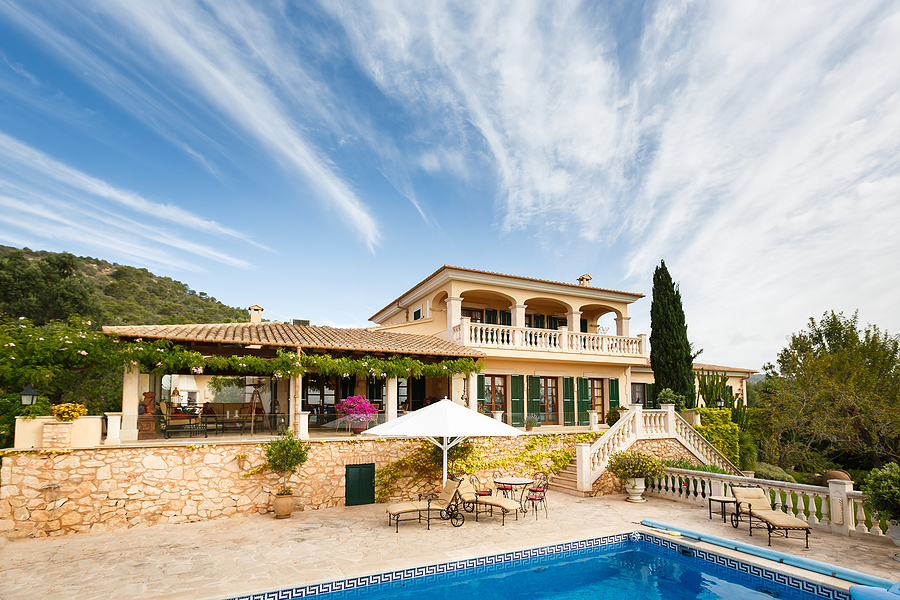A foreign buyer finds a charming home via a local agent. All documents seem correct: building permit, title deed, land registry extract, and cadastre.
An apparently safe purchase
The buyer doesn’t speak Spanish and trusts the paperwork – assuming everything is fine.
The shock: “approved” property with invalid permit
Months later, during a rental license application or planned renovation, it turns out that parts of the property were modified without approval.
Why this happens often in Spain
In areas like Costa Blanca or Andalusia, homes are often extended without updating the permit. This is common for rural houses, chalets, or villas.
Legal and financial consequences
- No permits for renovation: no legal base without valid permit.
- Problems with resale: future buyers or notaries may spot issues.
- Risk of fines or demolition: authorities may take action.
- No license for tourist rentals: only legal properties qualify.
How foreign buyers can protect themselves
- Request the building file from the town hall: do plans match reality?
- Inspection by architect or expert who compares with official plans.
- Legal review by an independent real estate lawyer.
- Don’t rely on agent documents alone: they often represent the seller.
Conclusion: Trust is good – checking is essential
Buying property in Spain can be a great investment – if legally sound. This case shows that formal documents are not always enough. Always seek professional advice beforehand.
Photo credit: castenoid – bigstockphoto.com
